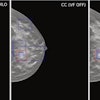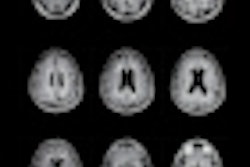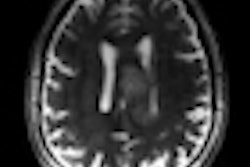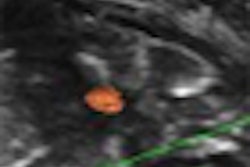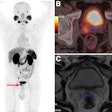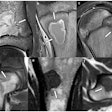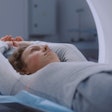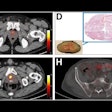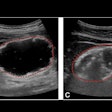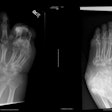
NEW YORK (Reuters Health), Sep 4 - In patients with benign multiple sclerosis (MS), neuropsychological testing and MRI can help predict disease evolution, results of a study suggest.
This finding, reported in the August 18 issue of Neurology, points to a possible role for routine neuropsychological assessment in MS.
In an e-mail to Reuters Health, Dr. Maria Pia Amato from the University of Florence in Italy said: "Performing in the routine a brief and standardized cognitive assessment and MRI exam can assist clinicians in predicting short-term disease evolution and in therapeutic decision-making in patients with apparently benign and inactive disease course."
Amato and co-investigators evaluated neuropsychological test and brain MRI results in 63 patients with benign MS, defined as an Expanded Disability Status Scale (EDSS) score of 3.0 or lower for 15 years or more after disease onset.
After a mean follow-up of five years, patients still having an EDSS score less than 3.5 were classified as still benign, whereas patients who had developed a secondary progressive course or who had an EDSS score of 4.0 or greater were defined as no longer benign.
At end of follow-up, 29% of patients were classified as no longer benign, the researchers report.
In logistic regression models, the risk of progressing to "no longer benign" status was significantly related to male gender, number of neuropsychological tests failed, and T1-weighted lesions, "with an overall accuracy of 82%," Amato said.
These findings, she noted, build on previous research from her group and other groups, which have shown that "cognitive evaluation and MRI metrics assessing the degree of tissue damage in the brain can help to reliably identify patients who are truly benign -- completely free from both physical and cognitive impairments."
"In general," the researcher added, "our findings underline the limits of measures of motor functioning as the only measure of MS-associated disability and point to the need for routine monitoring of cognitive functioning."
The co-authors of a related commentary say the findings "bring to light the importance of a more comprehensive evaluation of patients with MS with a seemingly benign course of their disease and highlight the need for more research in this area."
Neurology 2009;73:495-503.
Last Updated: 2009-09-04 8:00:11 -0400 (Reuters Health)
Related Reading
Demyelinating pathology on MRI may precede MS symptoms, December 11, 2008
Copyright © 2009 Reuters Limited. All rights reserved. Republication or redistribution of Reuters content, including by framing or similar means, is expressly prohibited without the prior written consent of Reuters. Reuters shall not be liable for any errors or delays in the content, or for any actions taken in reliance thereon. Reuters and the Reuters sphere logo are registered trademarks and trademarks of the Reuters group of companies around the world.

